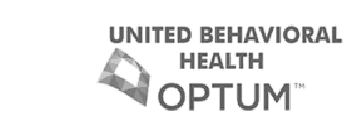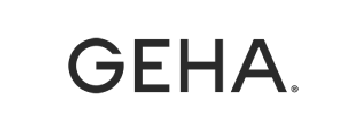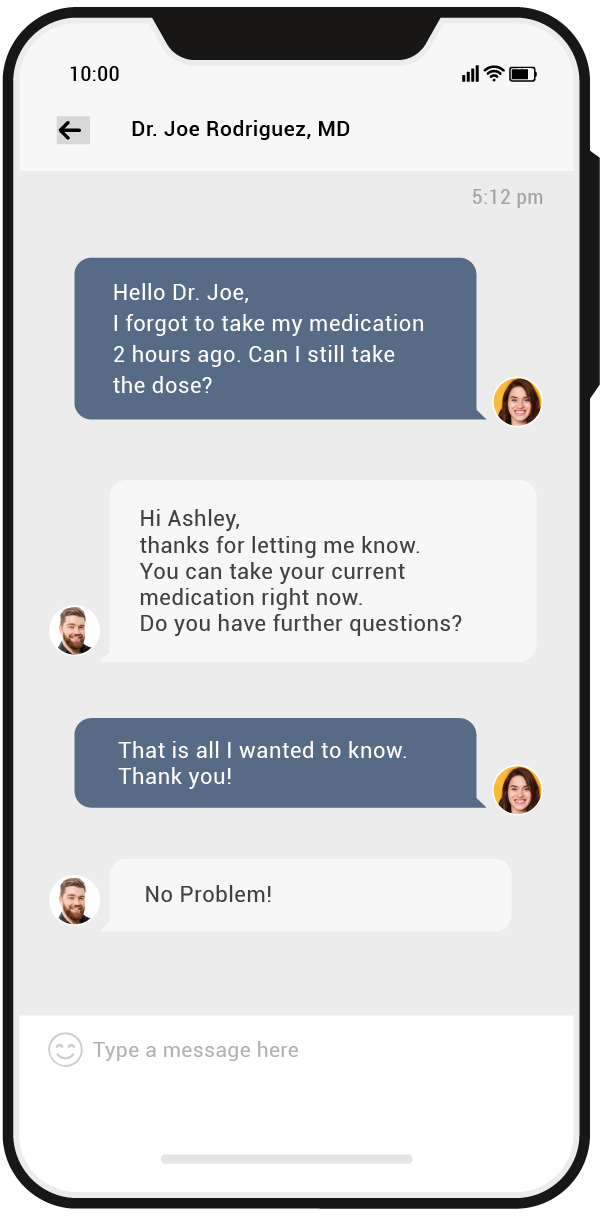Because of MDD’s multifaceted nature, its treatment typically involves a multidimensional approach that addresses the condition's biological, psychological, and social aspects.
Treatment options should ideally be individualized based on the severity of symptoms, the patient's preferences, and any coexisting health conditions. According to the U.S. National Institute of Mental Health, the common approaches to treating depression include:
Medications
Antidepressant medications, such as selective serotonin reuptake inhibitors (SSRIs) or serotonin-norepinephrine reuptake inhibitors (SNRIs), are often prescribed to regulate neurotransmitters in the brain and alleviate depressive symptoms.
The choice of medication depends on factors such as the individual's symptoms, medical history, and potential side effects. You may also need to try several different antidepressants before finding the one that works best for you. This process involves balancing the medication’s effectiveness in improving your symptoms and its manageable side effects.
If you want to find the best medication for major depressive disorder, you must seek the help and expertise of a licensed psychiatric care provider. That may sound intimidating, but our San Diego-based psychiatry practice is committed to making depression care as convenient and accessible as possible.
Take the first step toward healing and recovery by scheduling a one-on-one video appointment with one of our experienced major depressive disorder specialists.
Psychotherapies
Various forms of psychotherapy (also called talk therapy or counseling) are effective in helping individuals understand and manage their thoughts, emotions, and behaviors.
Major depressive disorder therapies such as cognitive-behavioral therapy (CBT), interpersonal therapy (IPT), and psychodynamic therapy provide a safe and supportive space for patients to explore and understand the underlying factors contributing to their depression. This helps identify and address the root causes of the patient’s depression and can help the provider find appropriate and effective treatment options for them.
Psychotherapy empowers patients to actively participate in their own healing process. It encourages self-reflection and increased self-awareness, helping individuals with depression better understand their emotions, behaviors, and interpersonal dynamics. It also helps teach patients new ways of thinking and behaving and how they can change habits that contribute to depression.
We are advocates of continuous and consistent psychiatric care. We offer ongoing supportive therapy services where individuals experiencing depression can continue to receive support, refine coping skills, address any emerging challenges, and effectively reduce the risk of relapse. To learn more about our psychotherapy services, schedule an online appointment with one of our mental health providers today!
Brain Stimulation Therapies
Brain stimulation therapies involve the targeted stimulation of specific brain areas to alleviate symptoms of MDD. While many are experimental and still being investigated for treating depression, some have been authorized by the Food and Drug Administration.
Three notable brain stimulation therapies include electroconvulsive therapy (ECT), transcranial magnetic stimulation (TMS), and deep brain stimulation (DBS).
Experts generally consider brain stimulation therapies when depression is severe, recurrent, or resistant to conventional treatments. They are often administered under the careful supervision of a multidisciplinary team, including psychiatrists, neurologists, and other specialists.














